Intro
Learn how to alleviate pain and accelerate recovery from bruised ribs with our comprehensive guide. Discover effective treatment options, including rest, ice, compression, and elevation, as well as natural remedies and exercises to promote healing. Get expert tips on managing rib pain, reducing inflammation, and preventing further injury for a speedy recovery.
Rib injuries are a common occurrence, and healing bruised ribs can be a painful and frustrating process. Whether you've suffered a fall, been involved in a car accident, or experienced a sports injury, bruised ribs can be a debilitating condition that affects your daily life. In this article, we'll explore the effective treatment options and recovery tips to help you heal your bruised ribs and get back on track.
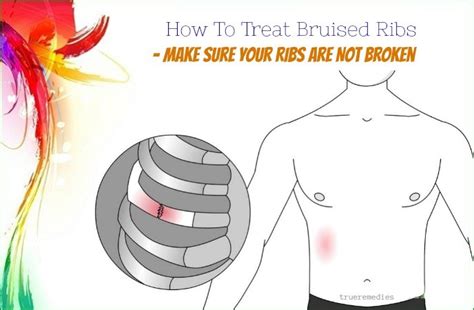
Rib injuries can range from mild to severe, and the treatment approach will depend on the extent of the injury. Mild bruising may require only rest and pain management, while more severe injuries may require medical attention and physical therapy. Understanding the severity of your injury is crucial in determining the best course of treatment.
Understanding Bruised Ribs
Bruised ribs occur when the blood vessels in the ribcage are damaged, causing blood to leak into the surrounding tissue. This leads to swelling, pain, and inflammation. The severity of the bruising can vary, but in most cases, it's not a life-threatening condition. However, if left untreated, bruised ribs can lead to complications such as pneumonia, respiratory failure, or even organ damage.
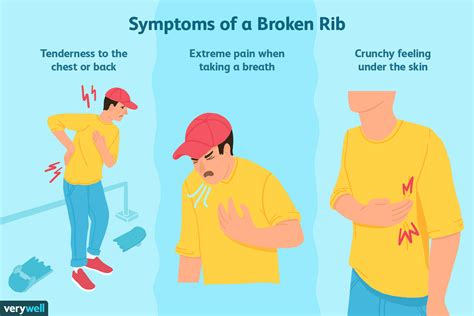
Symptoms of Bruised Ribs
The symptoms of bruised ribs can vary depending on the severity of the injury. Common symptoms include:
• Severe pain in the chest or ribcage • Tenderness to the touch • Swelling or bruising • Difficulty breathing • Coughing or sneezing • Fatigue
Treatment Options for Bruised Ribs
Treatment for bruised ribs typically involves a combination of rest, pain management, and physical therapy. The goal is to reduce pain and inflammation, promote healing, and restore mobility.
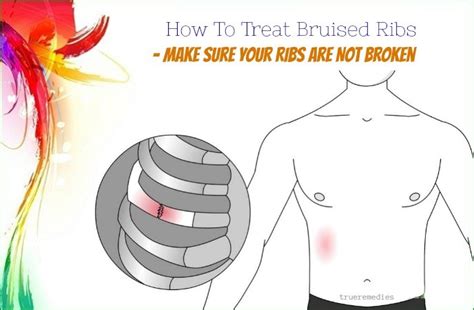
Pain Management
Pain management is a crucial aspect of treating bruised ribs. Over-the-counter pain medications such as acetaminophen or ibuprofen can help reduce pain and inflammation. In more severe cases, prescription pain medication may be necessary.
Rest and Ice
Rest and ice are essential in reducing pain and inflammation. Applying ice packs to the affected area for 15-20 minutes, several times a day, can help reduce swelling. Resting and avoiding strenuous activities can also help promote healing.
Physical Therapy
Physical therapy can help restore mobility and strength to the affected area. A physical therapist can create a customized exercise program to help improve range of motion, reduce pain, and promote healing.
Recovery Tips for Bruised Ribs
Recovering from bruised ribs requires patience, dedication, and a comprehensive approach. Here are some recovery tips to help you heal:
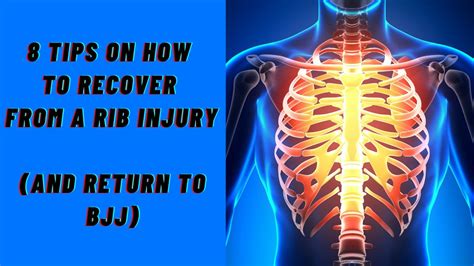
Take It Easy
Avoid strenuous activities, heavy lifting, or bending, as these can exacerbate the injury. Take regular breaks to rest and avoid fatigue.
Use Proper Breathing Techniques
Proper breathing techniques can help reduce pain and promote healing. Practice deep breathing exercises to help expand your lungs and reduce discomfort.
Stay Hydrated
Drinking plenty of fluids can help promote healing and reduce inflammation. Aim to drink at least 8-10 glasses of water per day.
Get Enough Sleep
Getting enough sleep is crucial in promoting healing. Aim to get 7-8 hours of sleep per night to help your body recover.
Complications and When to Seek Medical Attention
While bruised ribs are not typically a life-threatening condition, complications can arise if left untreated. Seek medical attention immediately if you experience:
• Severe difficulty breathing • Chest pain or pressure • Fever or chills • Coughing up blood or yellow mucus • Severe fatigue or weakness
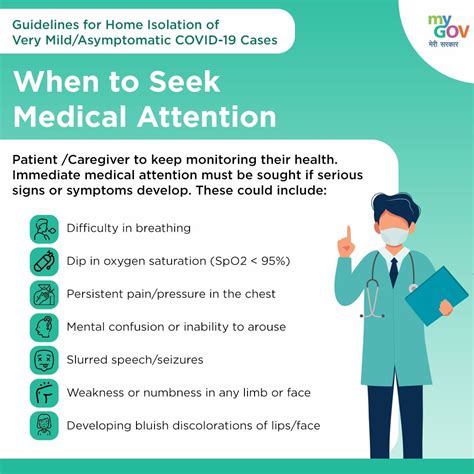
Conclusion
Healing bruised ribs requires a comprehensive approach that includes rest, pain management, and physical therapy. By following the treatment options and recovery tips outlined in this article, you can promote healing, reduce pain, and get back on track. Remember to seek medical attention immediately if you experience any complications or severe symptoms.
How long does it take to recover from bruised ribs?
+Recovery time for bruised ribs can vary depending on the severity of the injury. Mild cases can take 2-4 weeks to recover, while more severe cases can take 6-8 weeks or longer.
What are the common causes of bruised ribs?
+Common causes of bruised ribs include falls, car accidents, sports injuries, and violent coughing or sneezing.
Can I exercise with bruised ribs?
+It's essential to avoid strenuous activities and exercises that exacerbate the injury. However, gentle exercises such as deep breathing, stretching, and yoga can help promote healing and reduce pain.
